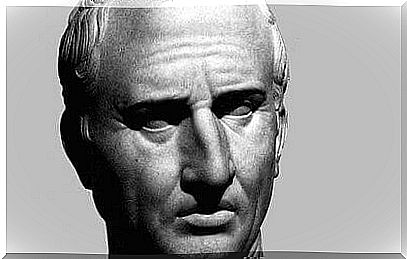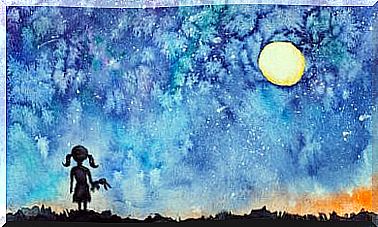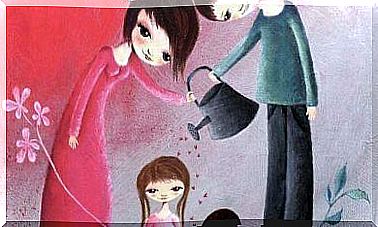Jean-Paul Sartre: Biography Of An Existentialist Philosopher
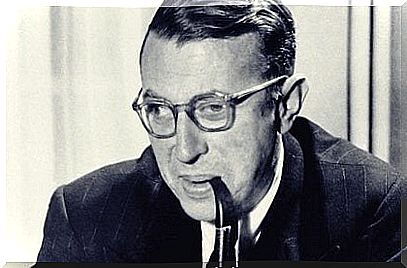
Philosopher, playwright, activist, political journalist, writer… Jean-Paul Sartre was one of the most important representatives of existentialism and of Marxism humanism. His work contains the essence of contemporary thought and valuable reflections on the complex relationship between self and society. His ideas and his legacy were indispensable for psychology.
Influenced by other great German thinkers like Husserl and Heidegger, Sartre was that man capable of winning the Nobel Prize and refusing it. All because he wanted to be consistent with his ideological principles. He was also this figure capable of taking up arms to fight for the liberation of an African people and of showing us, through this, that freedom required an authentic commitment.
Moreover, and beyond his facet of philosopher, activist and writer, it is interesting to underline the impact of his work in the psychological context. Jean-Paul Sartre laid the foundations for a new current, the humanist-existential current. His approach based on man’s responsibility for his actions, on self-knowledge and his famous postulate of “I am, I exist” marked a before and after.
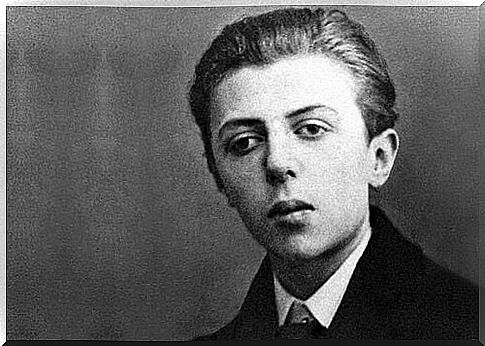
Childhood and adulthood
Sartre was born in Paris on June 21, 1905. He was the son of a naval soldier. However, losing his father very early on led him to receive an education that was as different as it was decisive. He was raised by his mother and grandfather. Anne Marie Schweitzer passed on her passion for literature to him, while Albert Schweitzer introduced him to philosophy.
Sartre therefore did not hesitate for a moment to follow this intellectual current. In 1929, he obtained his doctorate in philosophy in an elitist center, that of the Ecole Normale Supérieure. It was precisely at this time that he met Simone de Beauvoir, the one who would be his companion for life and this intellectual ally essential to his daily life.
However, everything ended up changing with the outbreak of World War II. Jean-Paul Sartre was taken prisoner by the Germans. This fact marked his later work, once he regained his freedom in 1941. It was not long before he returned to active life by collaborating with Albert Camus in Combat, the newspaper of the Resistance. .
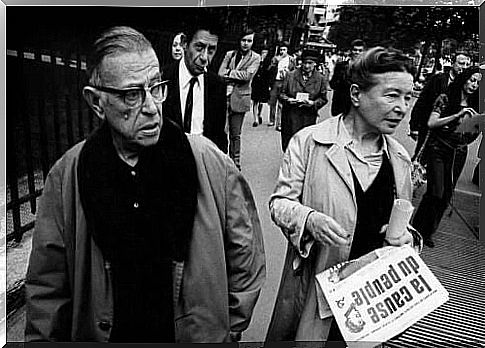
A man committed to freedom and social activism
In 1945, Jean-Paul Sartre and Simone de Beauvoir started a common project with great social inspiration. It was the political and literary review “Modern Times”. Their socialist ideals and their contacts with Communism already fully marked this so decisive stage in their biography.
Sartre was a fierce critic of the Vietnam War. Its purpose was to expose the crimes and injustices committed by the United States to the world. A little later, in 1964, he received the Nobel Prize for his contributions to the field of thought. However, as we have already reported, he refused it.
According to Sartre, accepting the Nobel means losing this critical vision as a philosopher, as a mind engaged in social activism and intellectual independence. He spent his whole life in solidarity with infinite causes and lived in a very simple way.
Sartre died on April 15, 1980. He was 74 years old. Thousands of people attended his funeral. He rests in the Montparnasse cemetery in Paris.
La Nausée , Jean-Paul Sartre’s greatest literary contribution
To understand the legacy of Jean-Paul Sartre and his contribution to humanist existentialism, it is necessary to approach his greatest work: La Nausée. This book, beyond its unmistakable literary quality, pushed the society of the time to understand the world in another way. Through a more awakened, critical and deep vision.
References from La Nausée
Sartre wrote this book when he was just over 26, when he was in Berlin. This moment coincided with Hitler’s rise to power. At that time, he was only reading his two references to theories: Husserl and Heidegger. He felt an absolute fascination with the concept of the phenomenology of the former and for this way of describing events through perception, the impressions that the exterior leaves in our mind.
Thus, Sartre’s best-known book is a phenomenological exercise that allowed him to describe his own experience as a teacher in a high school in Le Havre. In this context, the only thing he felt and perceived was darkness, emptiness, and a lack of meaning in all that was going on around him.
Antoine Roquentin, Sartre’s alter ego
The protagonist of La Nausée is Antoine Roquentin, Sartre’s alter ego. It is about a young man who returns from Indochina to settle in an imaginary city with a very concrete goal: to carry out the biography of an aristocrat of the XVIIIème century. Our protagonist does nothing but write, listen to jazz and talk with Autodidacte, a man hungry for knowledge who devours every book he finds.
It is in this unique context that the plot of La Nausée unfolds . A work in which the reader consumes, page after page, the character’s deep apathy. His repugnance, his incomprehension of the world around him. Everything is subject to chance, everything gravitates at its own pace until the everyday acquires horrifying hues.
We must have one thing in mind to understand this work. Everything Sartre describes to us takes place between 1936 and 1938. At that time, the world was not just facing the rise of Nazism in Germany. French society is also experiencing a deep moral crisis. Sartre witnessed this and he reflected it perfectly in La Nausée.
Final thoughts
In this work, Sartre left us messages that can (and should) be applied at any historical moment:
Let us think about this and let us not hesitate to use this exceptional heritage transmitted to us by a great existentialist philosopher: Jean-Paul Sartre.
